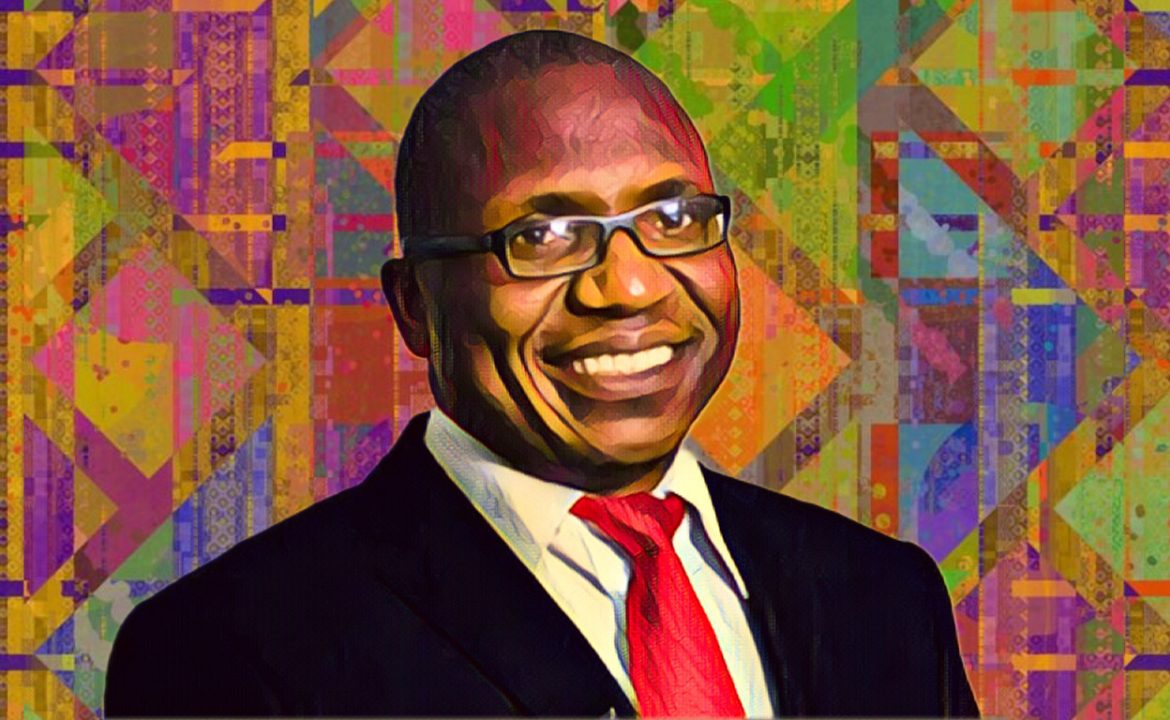Zimbabwean opposition activist Jacob Ngarivhume has been denied bail by a Harare court after his arrest last week. Ngarivhume, a prominent political figure and leader of the Transform Zimbabwe party, was detained for allegedly inciting public violence and subversion, charges that his supporters claim are politically motivated.
Ngarivhume was taken into custody following his calls for nationwide protests against corruption and economic mismanagement in Zimbabwe. The protests, planned for the end of the month, aimed to draw attention to the deteriorating economic conditions and the government’s failure to address widespread poverty and unemployment.
During the bail hearing, the prosecution argued that Ngarivhume posed a flight risk and that releasing him could lead to further unrest. Magistrate Judith Taruvinga agreed with the prosecution, stating that Ngarivhume’s release could undermine public order and security.
Supporters of Ngarivhume gathered outside the courthouse, chanting slogans and calling for his immediate release. Many expressed their frustration with what they see as a crackdown on dissent and a violation of their right to peaceful protest.
“This is a clear attempt by the government to silence its critics and intimidate those who dare to speak out against injustice,” said one supporter, who preferred to remain anonymous. “We will not be intimidated. We will continue to fight for our rights and our freedom.”
Human rights organizations have also condemned Ngarivhume’s detention, calling it an example of the Zimbabwean government’s continued suppression of opposition voices. Amnesty International released a statement urging Zimbabwean authorities to respect the rights of all citizens to freedom of expression and peaceful assembly.
“The arrest and continued detention of Jacob Ngarivhume are part of a wider pattern of repression against activists and opposition leaders in Zimbabwe,” the statement read. “We call on the authorities to immediately release him and drop all charges against him.”
Ngarivhume’s legal team has vowed to appeal the bail decision, arguing that the charges against him are baseless and that his detention is unlawful. They have also called for international attention to be focused on Zimbabwe, highlighting the ongoing human rights abuses and the lack of political freedoms in the country.
The political climate in Zimbabwe has become increasingly tense in recent months, with growing discontent over the government’s handling of the economy and its failure to address corruption. President Emmerson Mnangagwa, who came to power in 2017 after the ousting of longtime leader Robert Mugabe, has faced criticism for failing to deliver on promises of reform and economic recovery.
The country’s economic crisis has been exacerbated by hyperinflation, a severe currency shortage, and high levels of unemployment. Many Zimbabweans are struggling to afford basic necessities, and public services such as healthcare and education are in a state of disarray.
In this context, Ngarivhume’s call for protests resonated with many who are frustrated with the government’s inability to improve their living conditions. However, the government’s response has been to tighten its grip on power, with security forces frequently used to suppress dissent and silence opposition voices.
Despite the challenges, opposition leaders and civil society organizations remain determined to hold the government accountable and push for change. “We will not be silenced,” said a spokesperson for Transform Zimbabwe. “Our struggle for justice and democracy continues, and we will not rest until our voices are heard.”
As Ngarivhume’s legal battle unfolds, all eyes will be on Zimbabwe to see how the government responds to growing calls for reform and greater political freedoms. For now, the denial of bail for Ngarivhume serves as a stark reminder of the challenges facing those who dare to speak out against the status quo.
Source: New Zimbabwe


